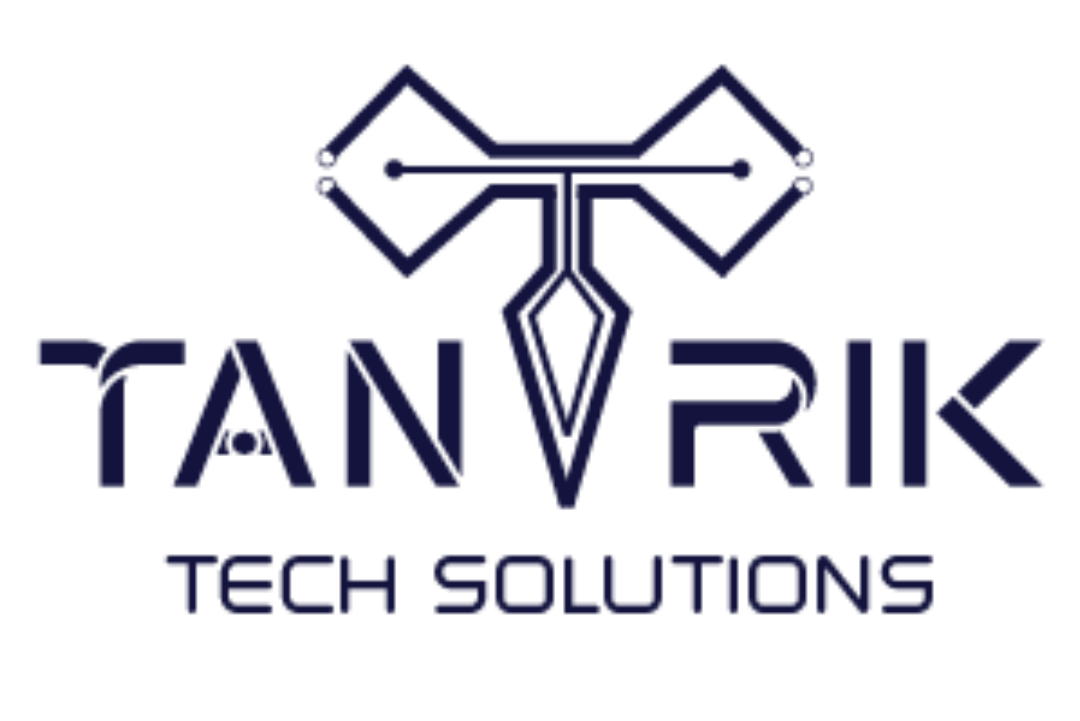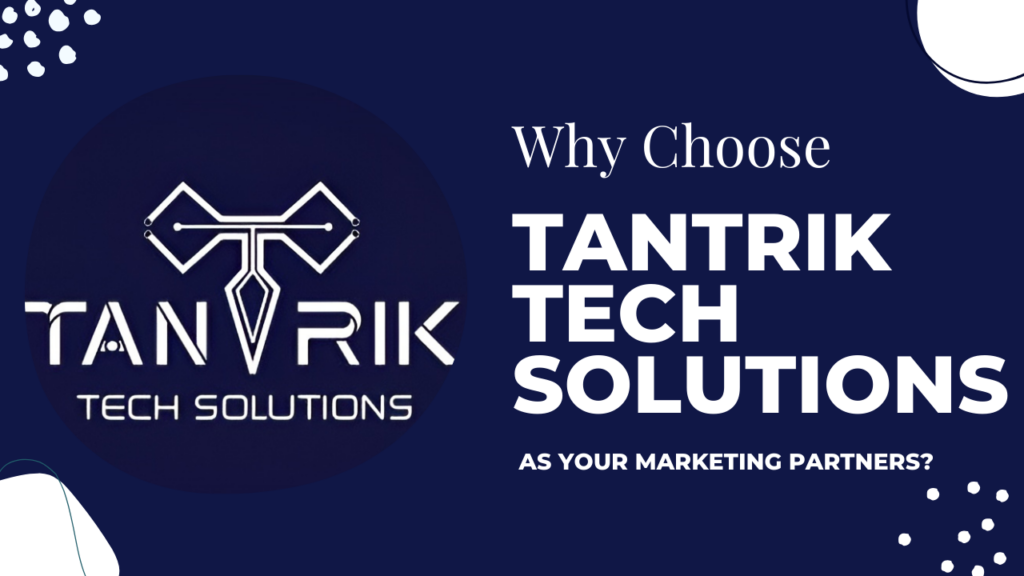In the modern digital age, social media is one of the most powerful tools businesses can use to shape and maintain a positive online reputation. With billions of people active on platforms like Facebook, Instagram, Twitter, and LinkedIn, social media has become a primary space where customers interact with brands, share their opinions, and make purchasing decisions. To thrive in this competitive landscape, businesses must develop effective social media strategies that foster trust, build loyalty, and enhance their reputation.
In this guide, we’ll dive into practical strategies businesses can implement to build and maintain a positive online reputation through social media.
Introduction to Social Media and Online Reputation
Social media has transformed the way brands connect with their audience. Every post, comment, or interaction on social platforms contributes to the public perception of your brand.
- Importance of Social Media in ORM: Social media provides real-time engagement with your audience, making it an essential part of online reputation management (ORM). By being active and responsive, businesses can shape their reputation and respond to both praise and criticism.
- Why Every Business Needs a Social Media Strategy: Having a clear social media strategy helps ensure consistent messaging, proactive engagement, and better control over your brand’s narrative. Without a strategy, businesses risk inconsistent branding and missed opportunities to engage with their audience.
Establishing a Consistent Brand Voice
A strong and consistent brand voice is key to building a recognizable and trustworthy reputation on social media.
- Defining Your Brand Voice and Tone: Determine the tone and personality of your brand. Is it casual, professional, friendly, or authoritative? This voice should reflect your brand’s values and be consistent across all platforms.
- Maintaining Consistency Across Platforms: While each social media platform has its own unique culture and style, your brand voice should be recognizable no matter where your audience interacts with you. Consistency builds trust and reinforces your brand identity.
Engaging with Your Audience
Regular engagement is the cornerstone of a positive social media presence. Actively interacting with your followers builds stronger relationships and fosters a sense of community.
- Importance of Regular Interaction: Reply to comments, answer questions, and engage with your audience frequently. This helps humanize your brand and shows that you value your customers.
- Building Relationships through Engagement: Respond to followers who tag your brand or mention you in their posts. Acknowledge both positive and negative feedback to show that you’re listening.
- Responding to Comments and Messages: Be prompt and professional in your responses. Whether you’re answering a query or addressing a concern, responding quickly shows that your brand is approachable and cares about its audience.
Leveraging User-Generated Content (UGC)
User-generated content (UGC) is an effective way to build authenticity and trust. When customers share their experiences with your products or services, it adds credibility to your brand.
- Encouraging Customers to Share Experiences: Run campaigns or hashtags that invite your customers to share their experiences with your products. For example, “#MyBrandStory” encourages users to post about their personal experiences with your brand.
- Showcasing UGC to Build Authenticity: Repost or share positive UGC on your own social media profiles. This not only acknowledges your customers but also provides social proof for potential buyers.
Handling Negative Feedback and Criticism
How you manage negative comments or criticism on social media can significantly impact your online reputation.
- Responding to Negative Comments Publicly: Address negative comments with empathy and professionalism. Acknowledge the issue and offer a solution to show that you are committed to resolving the problem.
- Turning Criticism into Positive Engagement: Negative feedback is an opportunity to demonstrate excellent customer service. By handling complaints effectively, you can turn unhappy customers into brand advocates.
Creating and Sharing Valuable Content
Content is the backbone of social media. Sharing valuable content regularly can position your brand as a thought leader and trusted source in your industry.
- Content that Adds Value and Educates: Create content that helps or educates your audience. This could include how-to guides, industry insights, or tips related to your products or services.
- Content Types: Blogs, Videos, Infographics: Diversify your content with different formats. Videos tend to generate higher engagement, while infographics simplify complex information, and blog posts provide in-depth insights.
Utilizing Social Listening Tools
Social listening involves tracking mentions, keywords, and conversations related to your brand on social media.
- Monitoring Brand Mentions: Tools like Hootsuite, Sprout Social, or Mention can help monitor how often your brand is mentioned across social platforms. This allows you to engage with users in real-time.
- Gaining Insights from Conversations Around Your Brand: Analyze the sentiment of conversations happening around your brand. Are users generally positive or negative? Use this information to improve your social media strategy.
Highlighting Positive Reviews and Testimonials
Positive reviews and testimonials are a powerful way to build trust and encourage potential customers to engage with your brand.
- Sharing Positive Reviews on Social Media: Regularly share glowing reviews or customer testimonials to showcase the positive experiences people have had with your business.
- Encouraging Happy Customers to Leave Reviews: Politely ask satisfied customers to leave reviews on platforms like Google, Facebook, or Yelp. This can enhance your brand’s credibility and attract new customers.
Transparency and Authenticity
In an era of information overload, customers value honesty and authenticity more than ever.
- Being Honest and Transparent in Communications: Whether addressing a mistake or explaining a product feature, always communicate openly and transparently. This builds trust and fosters long-term relationships.
- Building Trust through Authentic Interactions: Avoid scripted or robotic responses. Engage with your audience in a genuine, human way to show that your brand is approachable and relatable.
Collaborating with Influencers and Brand Ambassadors
Partnering with influencers and brand ambassadors can amplify your reach and boost your reputation.
- Identifying Relevant Influencers: Collaborate with influencers whose values align with your brand. Choose influencers who have an engaged and relevant audience for your business.
- Building Authentic Relationships with Influencers: Create partnerships based on authenticity and mutual benefit. Influencers should genuinely believe in your brand to ensure their promotion comes across as trustworthy.
Proactive Crisis Management on Social Media
In the event of a PR crisis, social media can either exacerbate the problem or be an opportunity for damage control.
- Preparing for Potential PR Crises: Have a crisis management plan in place that outlines how your brand will respond to negative situations. Prepare templates for common scenarios to ensure a swift response.
- Quick Responses to Negative Situations: During a crisis, respond quickly and transparently. Acknowledge the issue, communicate the steps you’re taking to resolve it, and keep the public updated on progress.
Measuring the Success of Social Media Strategies
Tracking the success of your social media strategies is key to understanding what works and what doesn’t.
- Key Metrics: Engagement, Sentiment, and Reach: Analyze metrics such as likes, shares, comments, and overall engagement rates. Track sentiment to understand how users feel about your brand.
- Using Analytics Tools to Measure Impact: Use analytics tools like Facebook Insights, Twitter Analytics, and Google Analytics to track performance and adjust your strategy accordingly.
Building a Community Around Your Brand
Building a loyal community on social media can foster deeper relationships with your audience.
- Creating Private Groups or Communities: Create exclusive groups on platforms like Facebook or LinkedIn to engage directly with your most passionate customers.
- Hosting Live Q&A Sessions or Webinars: Organize live sessions to connect with your audience in real-time. This builds trust and gives your followers the chance to engage with your brand personally.
Running Contests and Giveaways
Contests and giveaways are an effective way to boost engagement and increase brand visibility.
- Encouraging User Interaction Through Contests: Run interactive contests that require users to share content, tag friends, or use a branded hashtag.
- Using Giveaways to Increase Brand Awareness: Offer valuable prizes related to your products or services. This encourages participation and gets your brand in front of new audiences.
Conclusion: The Power of Social Media in Online Reputation Management
A well-crafted social media strategy is essential for building and maintaining a positive online reputation. By focusing on consistent engagement, sharing valuable content, and proactively managing feedback, businesses can establish themselves as trustworthy and reliable brands. In 2024 and beyond, social media will continue to play a critical role in shaping how customers perceive businesses. By adopting these strategies, your brand can cultivate a positive, lasting online reputation that drives growth and success.




